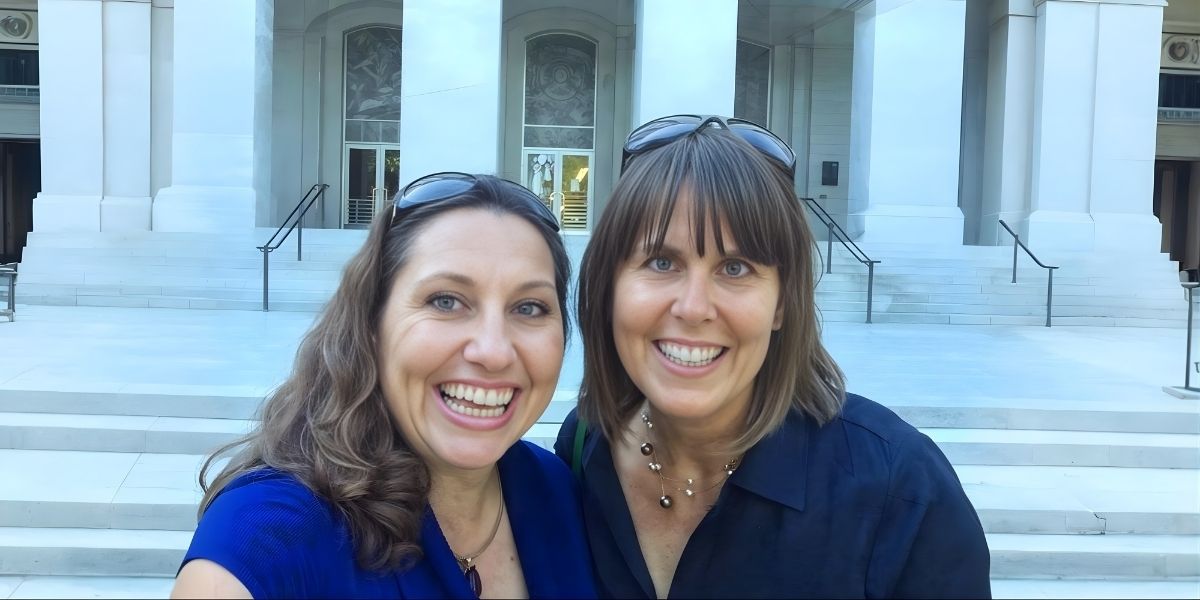By: Jamal Hamama
The startup world frequently highlights venture capital as a key to success. However, Michael Paulus, Michael Rowell, and others have taken a different path, building businesses without outside funding. Their experiences suggest that determination, creativity, and a focus on solving problems can also lead to significant outcomes.
The Bootstrap Approach: Prioritizing Profit Before Growth
Paulus and Rowell didn’t set out to defy Silicon Valley norms. When they co-founded Assurance IQ in 2016, the insurance tech startup’s mission was simple: use data science to match customers with personalized insurance plans. However, what made it special was its refusal to chase venture capital. Instead, Paulus and Rowell focused on generating customer revenue early, leading to a sustainable business model within months.
“We saw early that if you solve real pain points, people pay,” Paulus told GeekWire. This customer-centric mentality allowed it to scale without dilution, culminating in Prudential’s $2.35 billion acquisition in 2019—one of tech history’s most significant bootstrapped exits.
Assurance’s approach reflects that of other self-funded companies. Mailchimp expanded over the years without VC backing, prioritizing steady revenue over rapid hype. GitHub also grew independently in its early stages, building a strong user base by focusing on developers’ needs.
These companies share a common thread: they treated profitability as oxygen, not an afterthought. For Paulus, this meant reinvesting every dollar into refining Assurance IQ’s AI-driven platform while competitors burned cash on marketing blitzes.
The Mindset: Obsession Over Optics
“When you’re building without safety nets, you can’t afford distractions,” Paulus remarked in a post-acquisition interview. This intensity defined Assurance IQ’s culture. While VC-backed rivals chased vanity metrics, His team obsessed over customer outcomes. Its platform wielded machine learning and human agents—a hybrid model that reduced costs while maintaining that all-so-important human touch.
This mission-driven focus extends beyond insurance. Spanx founder Sara Blakely turned $5,000 in savings into a $1.2 billion empire by endlessly refining her product based on customer feedback.
Like Paulus, she ignored industry norms—even writing her patent to save legal fees. Shopify’s founders similarly bootstrapped their e-commerce tool while running a snowboard shop, proving that solving your problems often reveals universal needs.
Lessons for the Next Generation
The methods used by Rowell and Paulus are the very definition of resourcefulness. When Assurance IQ needed engineering talent, they targeted seasoned professionals who valued mission over cash compensation. The firm’s proprietary tools, like its real-time analytics dashboard, were built by leveraging existing cloud infrastructure rather than costly custom systems.
“Constraints force creativity,” Paulus noted, echoing GitHub’s strategy of relying on open-source communities for growth.
Aspiring founders may replicate this playbook by following three key principles. First, they should focus on securing a paying customer from the outset, even if it’s just one. This initial validation proves the market’s willingness to pay for the solution.
Second, reinvesting profits into essential aspects of the business can support steady growth and ongoing product or service refinement. Paulus observes that some features are developed with investors in mind rather than focusing on addressing customers’ primary needs.
Finally, scaling should only occur when unit economics demand it, not based on investor expectations. Paulus advises, “Build a great small business and then grow it; hoping scale will solve everything isn’t a good strategy.”
The rise of Paulus and peers proves that billion-dollar valuations aren’t reserved for the VC-anointed. He says, “Focus relentlessly on your customer, not your investor. Build something people need and love, and the rest will take care of itself.”
Disclaimer: The information in this article is for educational and informational purposes only and should not be considered financial, business, or investment advice. The experiences and strategies shared by individuals mentioned in this article are unique to their circumstances and may not guarantee similar results for others. Readers should conduct their own research or consult with a professional before making financial or business decisions. The author and publisher are not responsible for any actions taken based on this content.
Published by Anne C.









